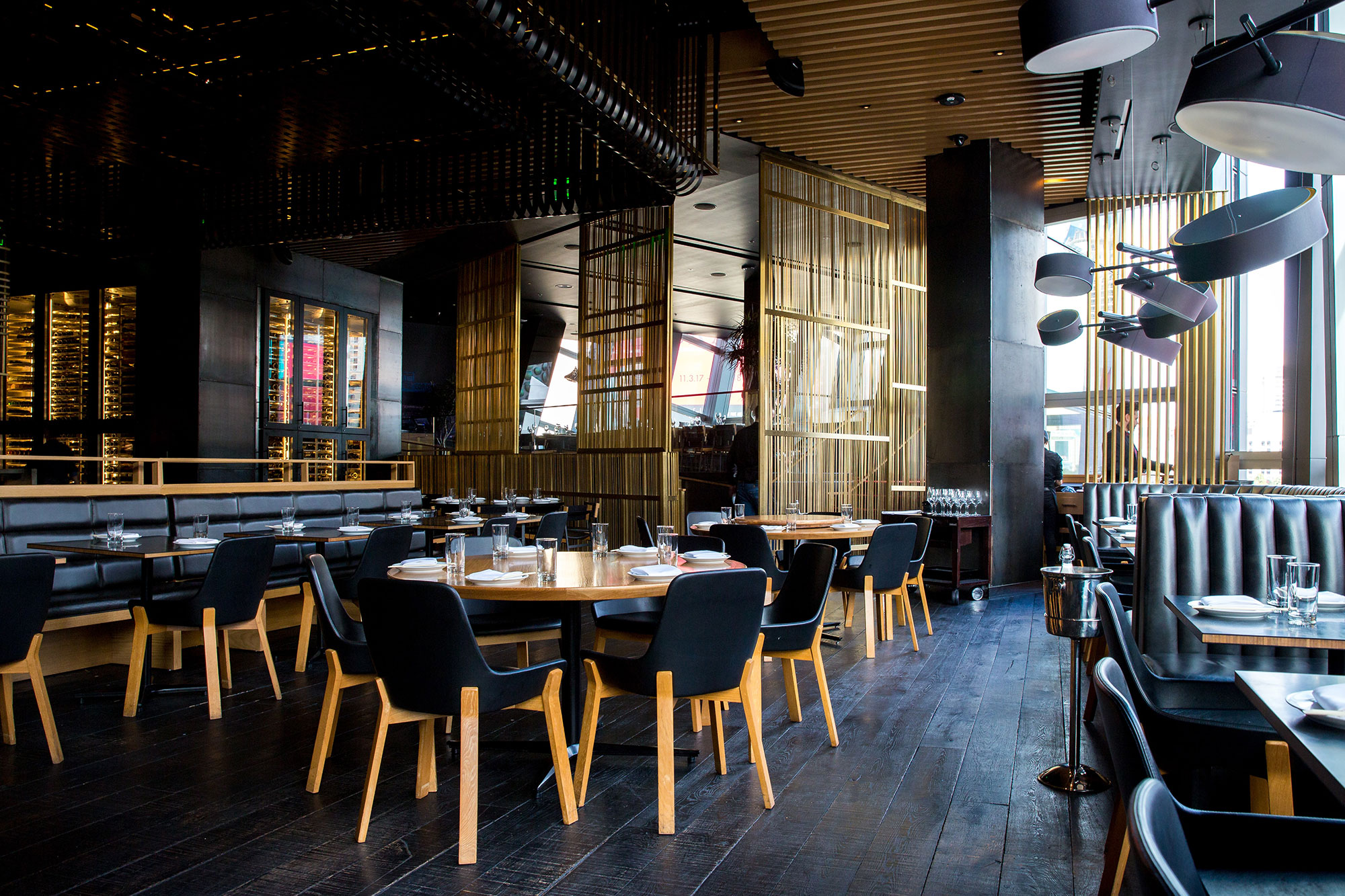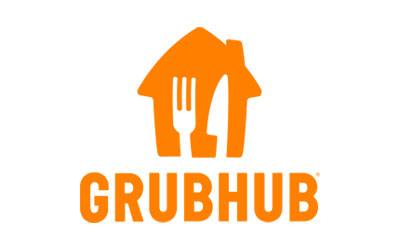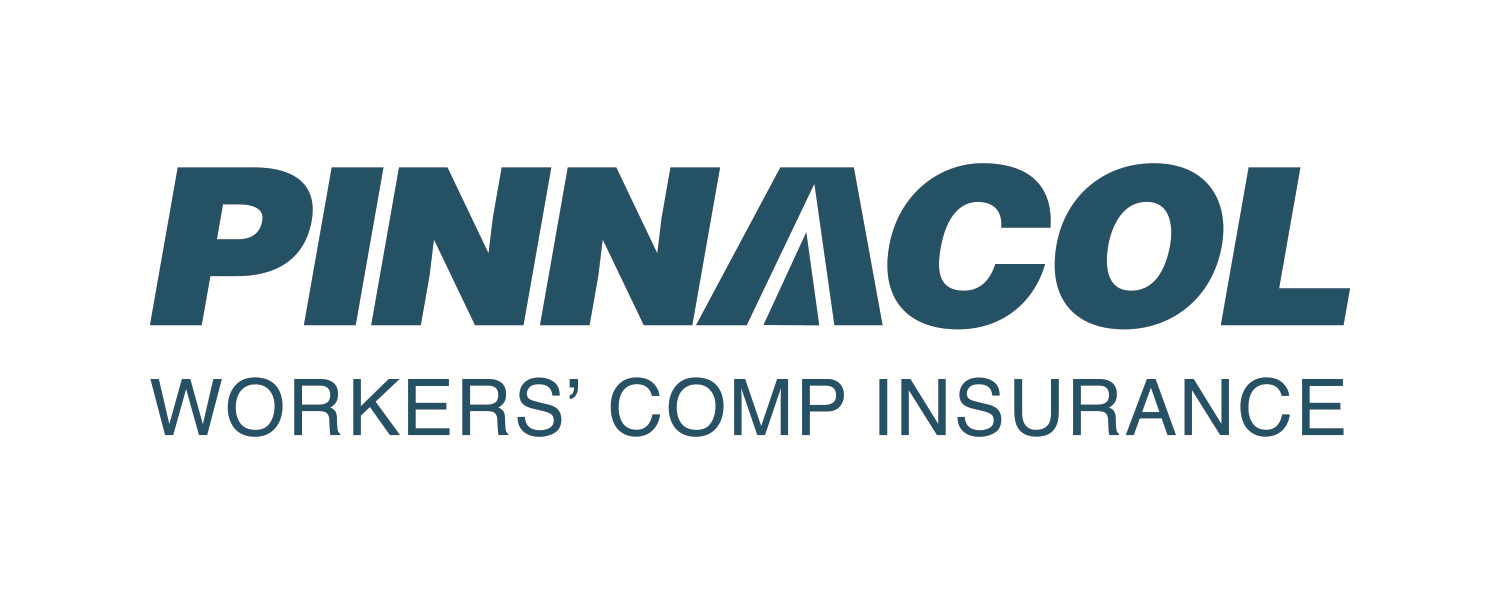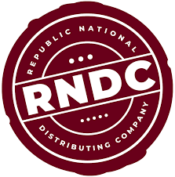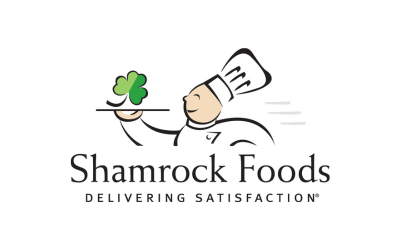Sponsored by our partners at Pinnacol Assurance
In recent years, manager burnout has become pervasive, and there’s no sign of it letting up. Restaurant managers are especially vulnerable, as they cope with the volatility caused by record numbers of hospitality workers leaving the industry. Understaffing, insufficient training, impatient diners, and COVID-19 safety protocols are only a few of the challenges facing restaurant managers today.
With customer demand and volume returning to pre-pandemic levels, managers have no choice but to pick up the slack to keep their restaurant running smoothly. This can lead to chronic stress and physical and emotional exhaustion.
The good news is this trend gives managers an opportunity to create and benefit from a positive and healthy workplace culture. Read on for eight steps managers can take to prevent burnout and support their own well-being and the well-being of their team.
1. Know the signs of burnout
Recognizing potential burnout is an essential first step in preventing and treating it. Physical signs of burnout include fatigue, forgetfulness, headaches, dizziness, insomnia, and nagging illnesses. Also get familiar with the psychological indications of burnout, which range from feeling negative and detached from work, to lacking a sense of accomplishment or effectiveness.
Triggers for burnout include working too much, feeling powerless on the job, and not getting enough recognition for achievements. Employees experiencing burnout can suffer short- and long-term health consequences, as well as harmful interpersonal dynamics and workplace accidents.
2. Be aware of how you’re feeling
To identify and treat burnout, it’s critical to practice mindfulness, and check in regularly on your physical and mental state. If you need support, reach out to your employee assistance program, if you have one. In a healthy workplace, your manager should also be available for assistance.
3. Explore healthy outlets for bottled-up emotions
Opportunities for meditation or walks during breaks can help you process anger, hurt, or other negative feelings. Build downtime into your work schedules whenever possible by dividing up responsibilities.
4. Be flexible and make wellness a priority
Create a culture where you and your team members feel ok about refusing a request, such as working overtime, if it will be harmful for your health. Efforts like this will foster goodwill and help with long-term employee retention.
5. Foster friendships
Having coworker friends who listen to frustrations and offer advice is good for you. Consider initiatives to encourage socialization, like after-work gatherings, softball teams, or volunteer projects.
6. Show and receive appreciation
Instill a culture of respect and rewarding a job well done, whether that’s verbal recognition or a small bonus or gift card.
7. Prioritize ongoing training and coaching for both managers and employees
Make sure your training is not a one-time thing and goes well beyond onboarding. This may look like micro-training on the go or frequent check-ins. Offer a variety of training methods, from short videos to quick mini-lessons on knife skills, for example. Resilience training for team members can also help temper stress.
8. Look for ways to streamline tasks
Consider ways to make your job and your team members’ jobs easier with automation or digitization. A good scheduling software can take a lot of pressure off of you. Inventory management tools, QR codes, and self-ordering kiosks may help increase efficiency as well.
Managers face serious challenges in today’s restaurant industry, so keeping health and well-being top of mind is critical. By following these tips, you can work toward preventing and minimizing burnout for yourself and your team.
But you don’t have to do it alone. Pinnacol workers’ compensation customers get safety and health services at no cost. Get a quote today.
